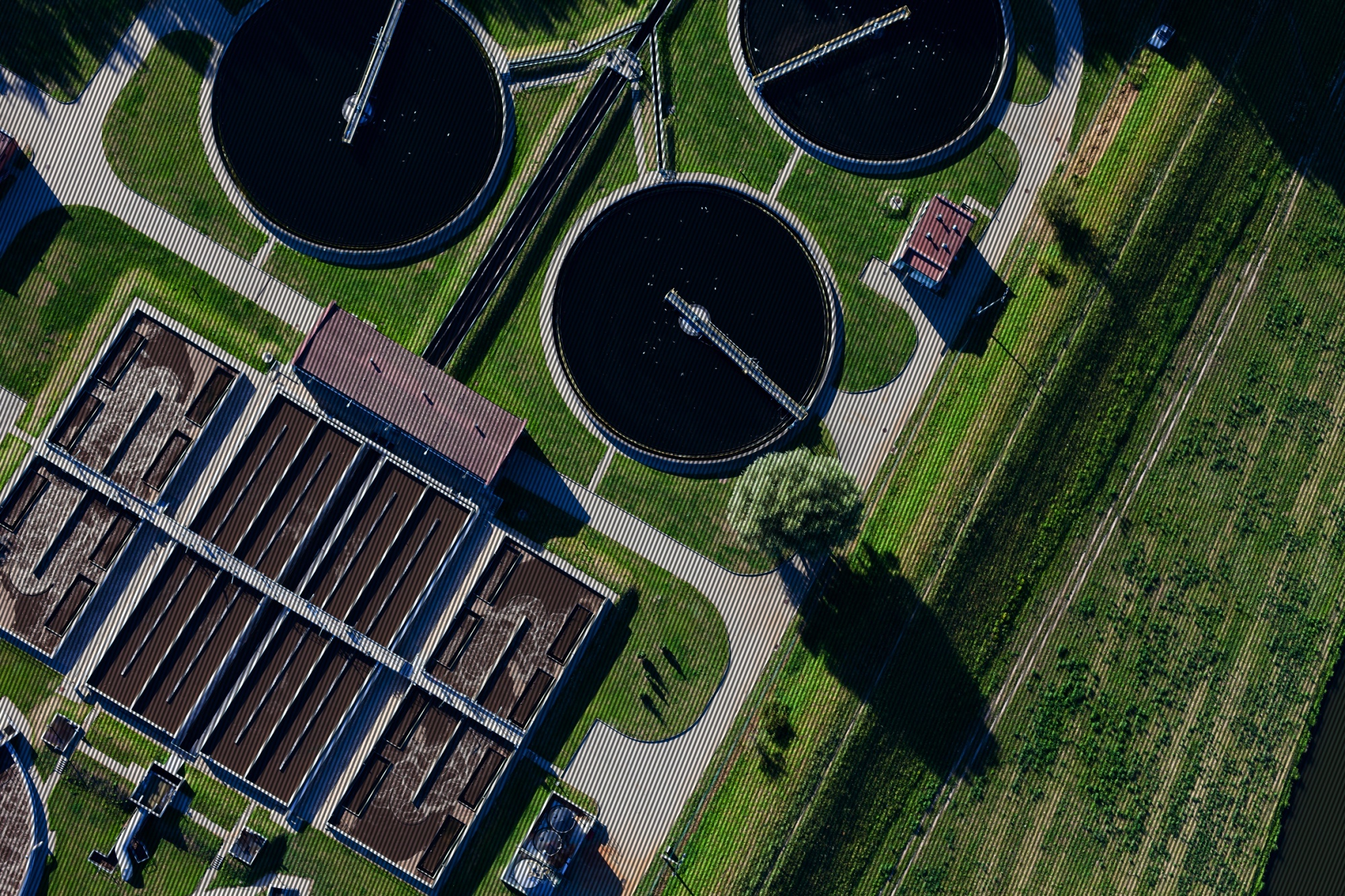
The research of the Water and Waste Treatment team (TED) is organized around an integrated global vision of the treatment and valorization of wastewater, biomass and waste.
This systemic approach is based on a joint experimentation-modeling-simulation approach of processes, to treat, reuse and valorize urban or industrial effluents and biomasses (production of H2, CH4, heat; production of biofuels and platform molecules for chemistry; recovery of nutrients, metals, etc.). It aims to contribute to the major challenges of the 21st century and more particularly to the ecological and energy transitions.
To this end, the team develops multi-scale approaches to the treatment and valorization of effluents and biomasses. At the molecular and cellular scales, the team possesses and develops skills for specific characterizations such as rheology and (bio)-calorimetry. The latter is applied both to the determination of heat related to cellular metabolism and also to high-pressure calorimetry (max 300°C, 60 MPa), the originality of the team concerns the design of specific calorimetric cells. At the reactor scale, studies focus on the development, dimensioning and optimization of biological, thermochemical and physicochemical processes. The characterization of kinetic and transfer quantities leads to the development of dedicated models. These models are used within specific integrative methodologies as soon as two or more processes are coupled. These methods are developed to determine the optimal operation of the coupling and/or the industrial site hosting these processes.
The themes developed in the TED team are articulated around the following three axes:
dedicated to the dimensioning of water and waste treatment processes as well as to the understanding of the transfer mechanisms and reaction processes involved.
Sub-axes: bioreactors, reactive filters, wet oxidation, rheology, calorimetry, etc.
in which studies are devoted to the optimization of processes and procedures for the material and/or energy recovery of effluents and waste
Sub-axes: bioH2 and energy carriers from biomass, gasification, hydrothermal liquefaction processes, nutrient recovery, etc.
focused on the study of the coupling of processes developed in the team associated with a flow optimization approach by ad hoc methods.
Sub-axes: process coupling, energy optimization, simulation of processes, etc.

Kumamoto University (Japon) / EAN Bogotá (Colombie) / La Sapienza Rome (Italie) / Politecnico di Torino (Italie) / LBGEL-ENIS Sfax (Tunisie)
Industrielles :
ENGIE / A3i INOVERTIS / Société du Canal de Provence / Athéna Recherche & Innovation / Earthwake / CMA-CGM
Académiques - Institutionnelles :
Région PACA / Institut de Mécanique et Ingénierie (IMI) / FR Fabri de Peiresc / FR ECCOREV / BIP Marseille / BBF Marseille / CEREGE Aix-en-Provence / INERIS Aix-en-Provence / DEEP-INSA Lyon / LRGP Nancy / LGC Toulouse / Hôpitaux de Marseille